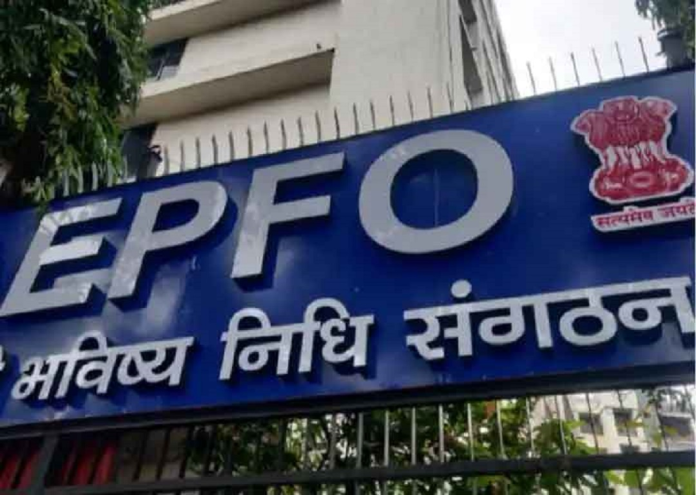The e-passbook facility of the Employees’ Provident Fund Organization (EPFO) is currently not available for many account holders due to server down. Sharing screenshots on different platforms of social media, many account holders wrote that when they are trying to open their passbook, the website is getting an error.
Many users have complained about the non-availability of e-passbook facility of EPFO on social media platforms.
One user wrote on Twitter, “As usual, EPFO website (passbook) is not working. Tried with all three different browsers. This user also tagged the Twitter handle of the Ministry of Labour. Apart from this, another user wrote that the EPFO passbook portal is down for the last 7 days.
EPFO told, when the service will start However, EPFO has flashed a message on its website that the facility of e-passbook will be available from 5 pm today. Meanwhile, according to the circular dated December 29, 2022 of the Employees’ Provident Fund Organization (EPFO), the Central Government has directed to implement the instructions given in the order of the Supreme Court.
Explain that the court has abolished the limit of monthly salary of Rs 15,000 for joining the pension fund. In the amendment of the year 2014, the limit of maximum pensionable salary (including basic pay and dearness allowance) was fixed at Rs. 15,000 per month and before amendment the maximum pensionable salary was Rs. 6,500 per month.
6 months time given to join the pension scheme The Supreme Court termed the Employee Pension (Amendment) Scheme of the year 2014 as “legal and valid”. Giving relief to many employees, the court said that those employees who have not yet exercised the option to join the Employees’ Pension Scheme, should be given another 6 months to do so.
In this, all EPS members were given six months time from September 1, 2014, to opt for the revised scheme. Later, in its order, the court had given four months more time to eligible subscribers to opt for higher pension under EPS-95. The court had also done away with the requirement of employee contribution of 1.16 per cent of salary exceeding Rs 15,000 per month in the 2014 amendment.
















